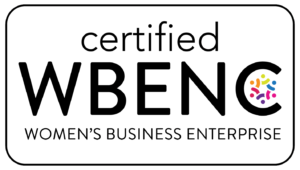Many people find it difficult to be on the receiving end of corrective criticism or feedback. It can feel like an attack—especially if it isn’t delivered thoughtfully and with empathy.
It is important to frame corrective action as an opportunity for continuous growth and improvement. When an employee can effectively process corrective feedback, they will be happier and more productive.
Here are a few practices for your employees from Forbes.com:
1) Actively listen. Repeat and affirm what you’ve heard. This gives the brain time to process without becoming defensive. Body language is also a component of active listening. Check your posture. Are your arms folded? If so, relax your arms and maintain good eye contact.
2) Thoughtfully consider the feedback given to you. Avoid quickly rejecting or accepting the person and take time to evaluate the information. Consider the impact of the requested change. Reflect on how frequently you receive similar feedback from other coworkers or in other environments, i.e., at home.
3) Remain open…ask followup questions using the start, stop, continue format. Begin by asking, “What is something I am not doing that you would like me to start doing?”. Next ask, “What is something I am doing that you would like me to stop doing?”. Finally ask, “What is something I am doing that you would like me to continue doing?”.
Try these tips in your next feedback session. You may find satisfactory results for clearer understanding and amazing opportunities for improved employee productivity.
Share your best practices for receiving corrective feedback in the comments below. Make it a great day!






